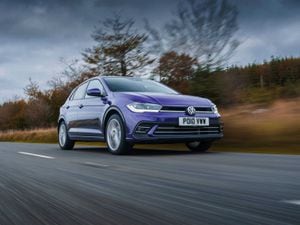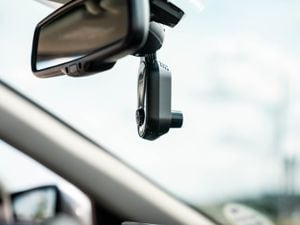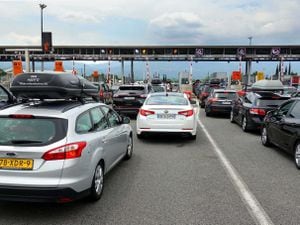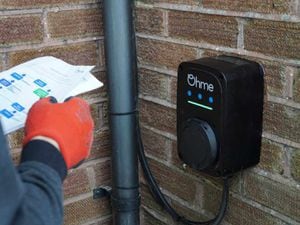European road trip checklist: Here are the things to remember
Heading abroad this summer? Here’s what you need to make sure you’ve completed it beforehand.
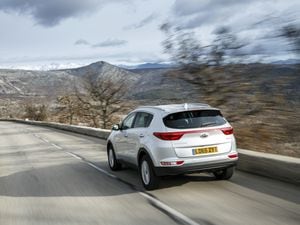
If you want to avoid the hustle and bustle of an airport and the complexities of hiring a car all while having full freedom to go wherever you want on holiday, taking your own vehicle overseas is a great plan.
With ferries going from various places in the UK, as well as the Euro Tunnel in Folkestone, access to mainland Europe is easier than you might expect, and if you book ahead, doesn’t have to be expensive.
But before heading overseas in your car, there are various checks to do, both on the car itself and in terms of paperwork. Here’s our European road trip checklist.
Pre-flight vehicle checks
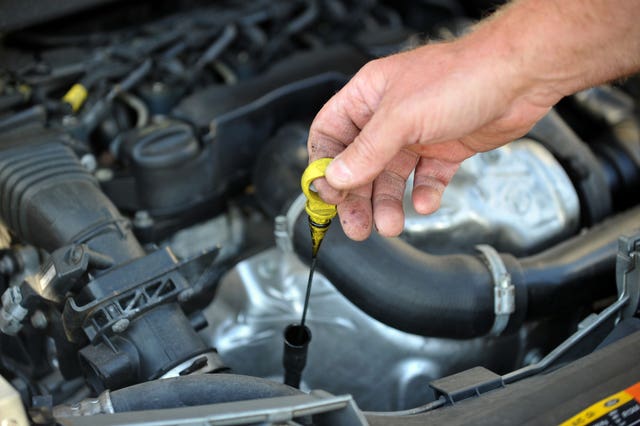
If you’re taking your car abroad, you will likely be clocking up hundreds, if not thousands of miles. It’s why you want to make sure it’s in perfect order before setting off. Ensure the vehicle’s servicing is up to date, and if one is due soon, it’s worth having it done before you set off.
Pop up the bonnet and check that the fluids are at the correct levels (engine oil, screen wash and brake fluid), and it’s worth taking extra bottles of these with you in case of top-ups. Make sure all the lights and indicators work, and that the tyres are in good condition and correctly inflated. If you have a spare tyre, make sure this is inflated properly, though hopefully you won’t need this.
It’s worth making sure there’s plenty of time left on your car’s MOT for your return as well.
Make sure your car is ready for European driving

On top of the maintenance checks we’ve mentioned, there are certain things you need for your car to make it conform to laws in many European countries. Before crossing the water to the continent, you should make sure you have a ‘UK’ sticker displayed at the rear of the car. This replaces the previous ‘GB’. If your car has a clear ‘UK’ on its rear number plate, that will suffice, though if driving in Spain, you will need to have the sticker as well.
Other European countries are stricter when it comes to essential kit to carry with you. The following is required:
Companies such as the AA and RAC will sell you a European driving kit bundle containing all of the above.
Get your documents in order
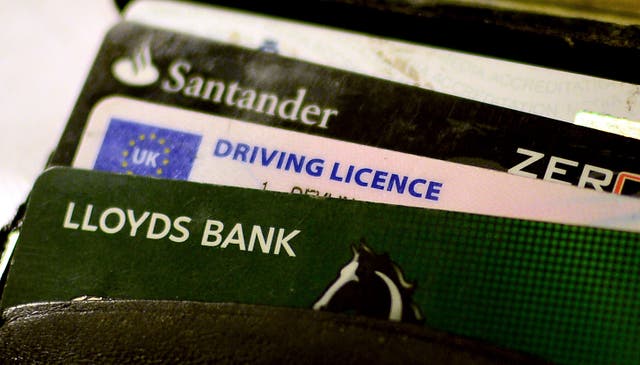
It’s not just your car that you need to get in order, but also your documents. You’ll need your passport to leave the country, and it’s worth keeping these safely on your person at all times, while anyone getting behind the wheel will need a full and valid driving licence.
Your car’s documents will be needed too, including the V5C registration document, which should be in your name. If it’s not (such as a leased vehicle), you will need to secure a certificate to show who it belongs to and that you’re entitled to drive it. Though an insurance green card is no longer required, you need to make sure you have a hard copy of your car insurance documents.
While breakdown cover is not mandatory, it would be ill-advised to take your car overseas without it. Don’t presume that it’s included with your insurance already or if your car is newer, either, and double-check it includes European cover. Your travel and health documents should be taken with you as well.
Tolls

While toll roads are quite rare in the UK, they’re far more common on the continent, especially for motorways. Most of France and Italy’s motorways are covered by tolls, which often work by you picking up a slip of paper when first joining the road, keeping hold of this, and then presenting it to an attendant or machine when you come to the end of motorway or turn off. If you’re covering lots of miles this way, it can end up being pricey.
To avoid stopping, you can buy a Telepass (or similar), which is a tag that goes at the top of your windscreen and will automatically pay for the toll without you having to a stop. These need to be bought and registered beforehand.
Know your speed limits
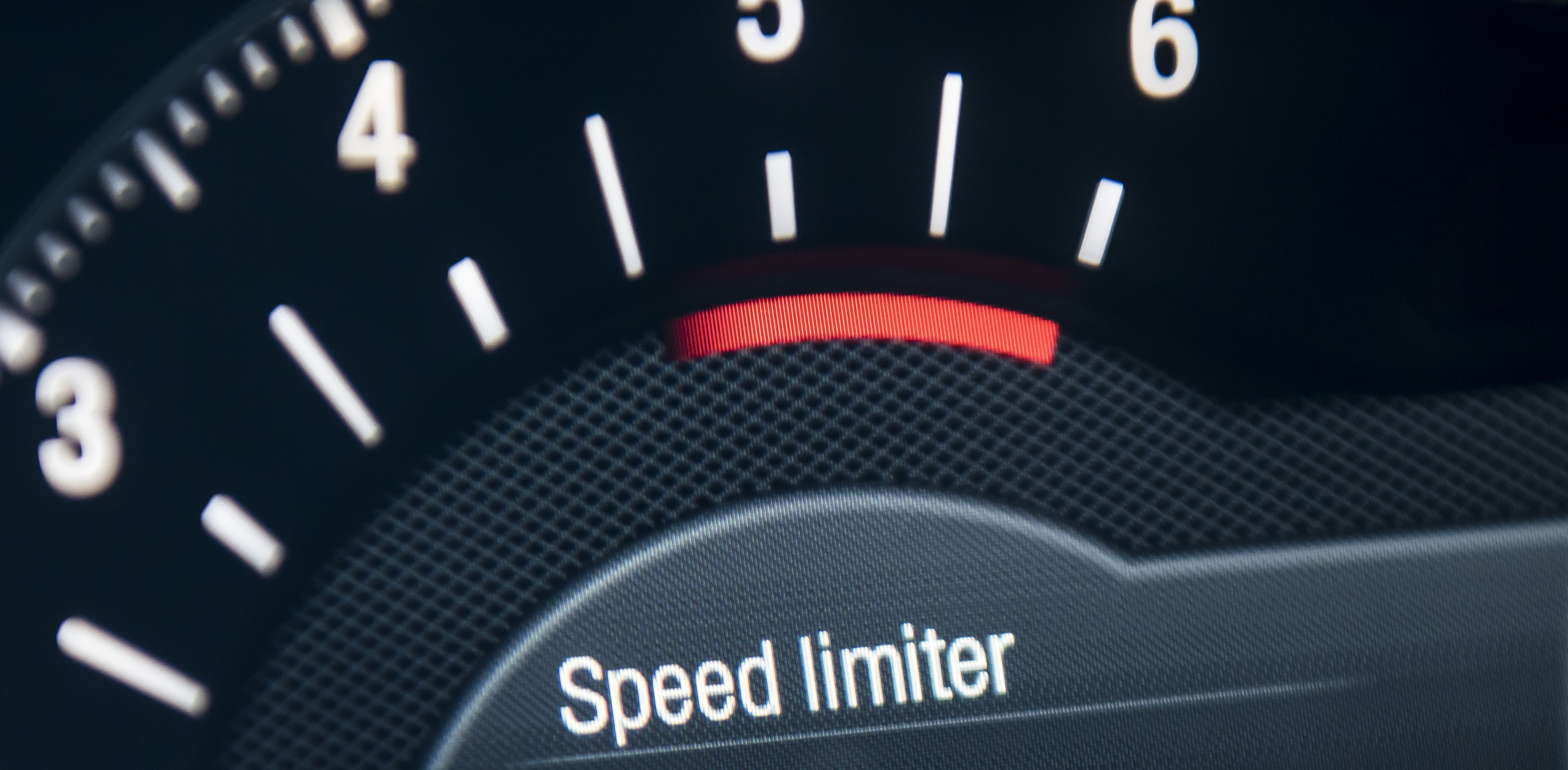
If you’re crossing borders when driving abroad, it’s worth being aware of the different speed limits. You should look beforehand to check up on these, and though a maximum of 130km/h (81mph) is commonplace on motorways, they are often lowered for more built-up areas.
Some countries, including France, also enforce lower speed limits in poor weather (rain, for example). So if you’re driving in the wet, the speed limiter drops from 130km/h (81mph) to 110km/h (68mph).
Be aware of stricter alcohol limits
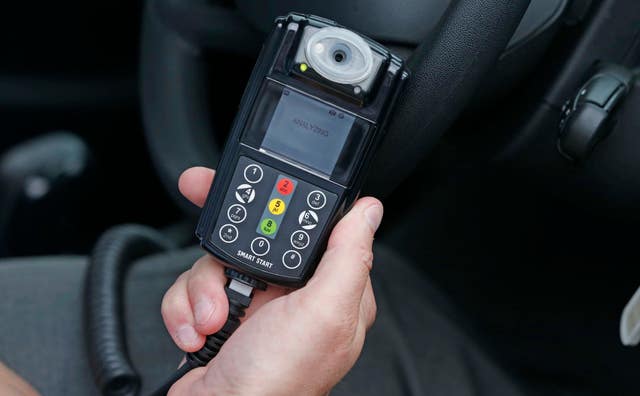
The UK, excluding Scotland, has one of the highest drink drive limits in the world, and if you’re driving abroad, you should be aware that other countries have much stricter rules on the level of alcohol you can have in your system while driving.
Countries such as the Czech Republic, Hungary and Slovakia all have a strict zero limit, which is widely enforced.
Be aware of Clean Air Zones

In the UK there are a growing number of low- or clean-air zones, which are being introduced to tackle pollution and restrict usage of some vehicles based on their age and emissions status. It’s the same in plenty of other European countries, especially larger cities.
You should check, especially if driving an older car, that you’re legally able to enter such areas in your vehicle. If driving in several French cities, you will need to buy and display a ‘Crit’Air’ emissions sticker, applicable to your vehicle, to be able to enter the zone. It shows the emissions status, and you can be fined for not having one. A similar scheme also operates in Germany.


